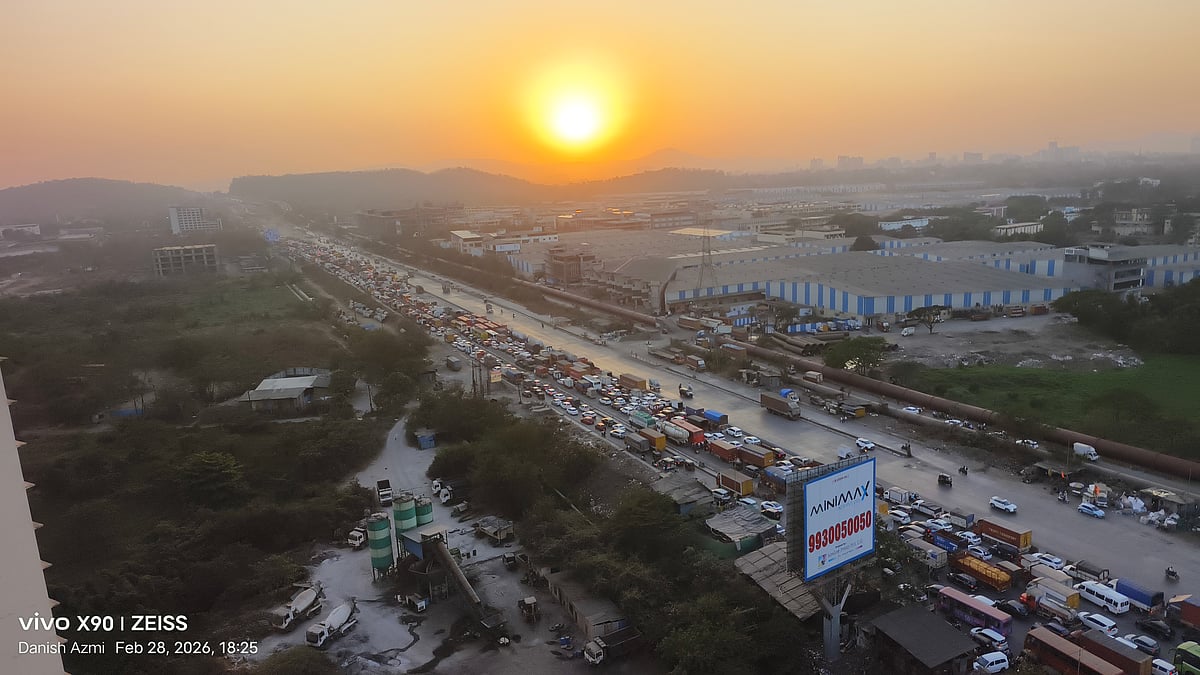Washington : The ambitious One Belt One Road (OBOR) initiative of China is intended to marginalise American influence in the Indo-Pacific region, a top US admiral said today, raising the implications of the recent ‘Polar Silk Road’ announced by Beijing.
“It (OBOR) is probably the biggest development programme in the world. It’s five times the amount of money that the United States (adjusted for US dollars in 2018) put in under the Marshall Plan.
It’s a significant investment by China,” Admiral Harry Harris, Commander of the US Pacific Command, told members of the Senate Armed Services Committee.”I agree,” Harris said when one of the senators asked if the Belt and Road Initiative (BRI) partially intended to marginalise the US influence in the Indo-Pacific.”But the difference is the Marshall Plan was philanthropic in nature, and was designed to lift up the countries in Europe following World War II. And One Belt One Road is designed to lift up China,” he said responding to a question on the ambitious Chinese programme.Senator David Perdue said today there is a leader for life in China.
“I see that development, along with the BRI strategy that you so eloquently have called out over the last year, is two major initiatives that I think give us a hint at their long-term strategy. And it looks like, a new world order could be in mind here between Europe, Asia, and Africa,” he said.
In Africa alone, the Chinese got over 20 ports that they’ve invested in and developed.
Today, they have USD 200 billion in loans in Asia, the Pacific, Africa, and Europe. They’ve promised over USD 1.2 trillion in future loans. That is 10 times the size of the Marshall Plan that rebuilt Asia and Europe, he said.”My concern is that we already see their intent. The Marshall Plan was not loans, primarily. It was philanthropy. This investment, the USD 1.2 trillion that’s coming, is mostly in the form of loans, and in Africa, as an example, they’re loaning money into these ports and the ports’ development. In Sri Lanka we already have an example where some of those loans went bad, and China foreclosed, and now China, for 99 years, has a port in Sri Lanka,” Perdue said.”In addition to Djibouti, and in addition to what they’re doing in the belt and road strategy, it is a danger to the world order we enjoy today, where representative democracies in the free world dominate the cultural-political situation.




